The Trump administration is in an ugly fight with the LGBTQ+ community in Washington. But instead of focusing on political issues like trans rights, the outrage involves a neighborhood park — and highlights theabsurdity of the federal government’s vast landholdings across the capital.
At issue is the National Park Service’s decision to fence off Dupont Circle ahead of the upcoming Pride parade. The park is the traditional heart of the local gay community, one that’s especially vibrant during the first weekend of June. Closing it during Pride is like shutting down the landmark site of the Stonewall Inn in Greenwich Village.
The Park Service claims this is to prevent damage by revelers. But plenty of outraged locals see a more sinister motivation.
“Dupont Circle is sacred ground for the LGBTQ+ community — a place with a rich history of protest, pride and joy,” said Zachary Parker, an openly gay Democratic member of the city council. “Closing it during one of the most significant global celebrations of our community sends the wrong message.”
Coming days after Defense Secretary Pete Hegseth ordered the Navy to strip the name of gay-rights pioneer Harvey Milk off a naval vessel, it’s hard not to wonder whether that wrong message was something other than an accident. “It seems motivated by animus,” said Zar, a one-named LGBTQ+ community advocate and events planner who organized some political programming around the city’s ongoing WorldPride festival. “It’s pushing an agenda. It seems tactical, like somebody said, ‘let’s mess with people.’ ... Maybe they think they’re going to cause people to act up, to see if people knock down fences and push a police officer. They want to shut it all down.”
Anywhere else, the regulation of a grassy traffic circle would be a strictly a question for city hall. But in Washington, where the federal government owns 90 percent of the open space, many neighborhood parks are ultimately under the control of the White House.
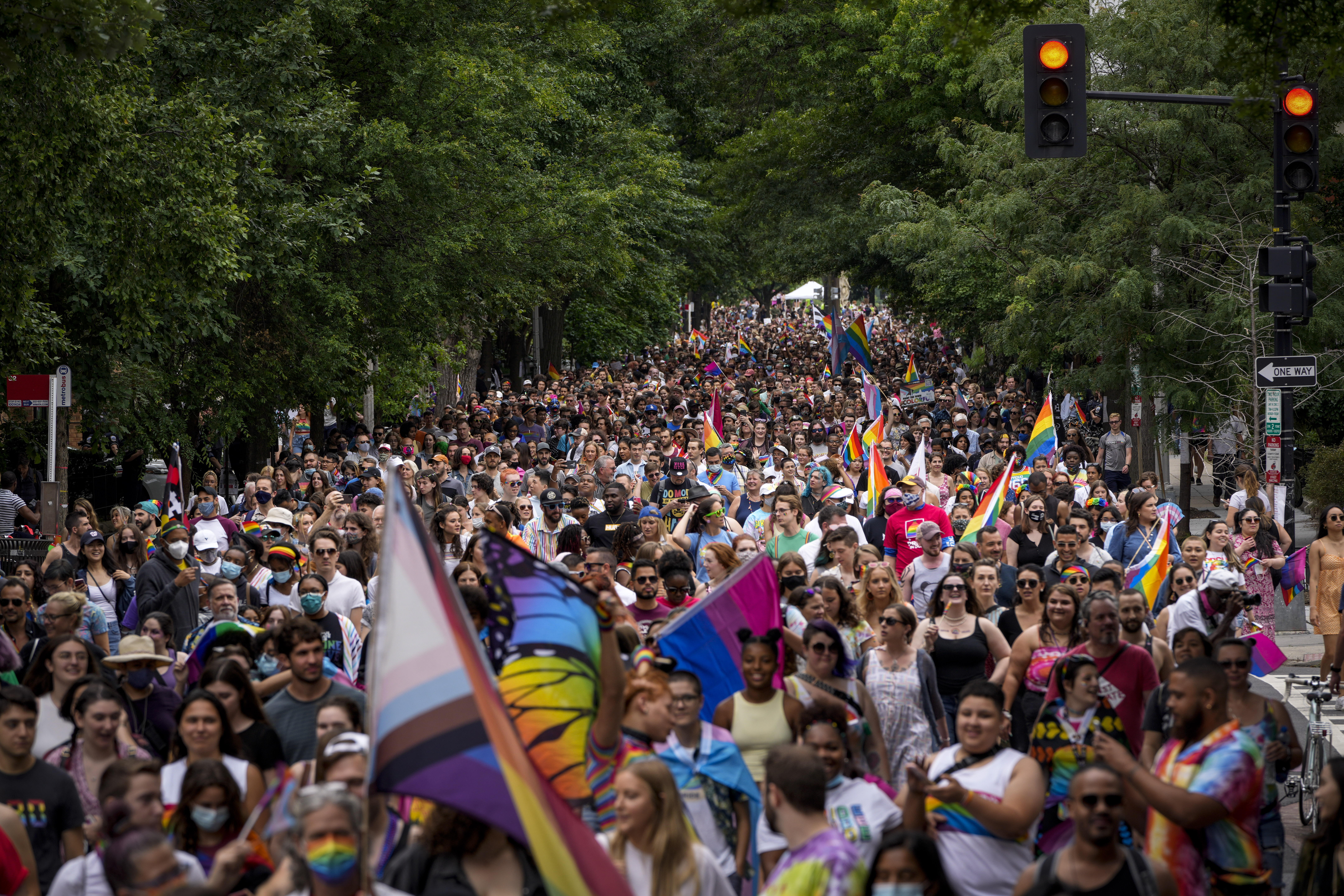
The good news for D.C. is that it gets to have one of the nicest park systems in the country. The bad news is that the National Park Service isn’t really built for folks who want to do things like play pickup basketball, stage a political protest or take part in a weekend of Pride festivities. In places like Yellowstone, the kinds of activities that happen in a city park are seen as hazards.
Over the years, this culture clash has led to a bunch of completely inane controversies, like the time the Park Service ejected a bocce ball league from nearby Logan Circle because of National Park regulations against organized sports.
But in the second Trump term, where the administration has sought to put its MAGA cultural stamp on Washington landmarks ranging from the Kennedy Center to the now-erased Black Lives Matter mural on 16th Street, the decision to close Dupont Circle during Pride is not going to be treated as another contretemps between an obtuse federal bureaucracy and a big-city neighborhood.
The National Park Service declined to comment but shared documentation of a finding that “this closure is necessary for the maintenance of public health and safety and protection of natural and cultural resources in Dupont Circle Park.”
According to the Park Service documents, the initial request for a closure came from the city’s police chief, Pamela Smith, herself a former Park Service official. Smith cited alcohol use, unpermitted sound systems and physical damage during prior Pride weekends. After a noisy backlash from neighbors (i.e., the people who elect Smith’s bosses) she rescinded the request. But the Park Service (which answers to the White House) decided to stick with the closure.
D.C. Mayor Muriel Bowser declined to comment, but speaking on a radio show Friday afternoon, she called the initial request an “unfortunate error” that should have been reversed as a matter of course. She said talks continued, but her administration was working on finding another space. “I think it's important to have an alternate plan that we do control,” she said.
Given that the circle during Pride weekend is a place to hang out rather than a locus of official events, it was a strange assertion. (Until last year, Dupont Circle was the traditional endpoint of the parade, but it has since been rerouted to the National Mall, leaving the park as an informal gathering spot.) But Bowser, who needs to stay on Trump’s good side in order to salvage the city budget and possibly fend off a federal takeover, can’t respond the way another big-city mayor might: by playing to the gallery and telling off the president.
In the long run, the whole thing also ought to be a spur for getting the feds out of the business of local parks in Washington. It’s nuts that taxpayers in Kansas or California pay for maintaining a bandstand at Fort Reno, policing off-leash dogs in Stanton Park or mowing the lawn at 356 minor patches of grass around the District of Columbia. And it's nuts that neighbors in Washington have to bring concerns about a Pride festival to a federal agency designed to preserve national treasures like Yosemite.
And it’s especially nuts that a bureaucratic decision about one circular park is plausibly understood as a rebuke from the president’s administration against a nationwide identity group.
But it’s also another reminder that day-to-day life in the capital — even after work, even far away from the White House — is a lot more subject to federal whims than most locals like to admit. The same WorldPride festival has already been rocked by the abrupt withdrawal of private-sector philanthropic donors, many of whom turned out to be federal contractors who decided that supporting Pride was a bad look in the age of Trump’s anti-DEI campaign. The president has changed Washington life in a myriad of ways that longtime residents didn’t expect.
All in all, it’s a terrible look for Washington. The city spent millions to support WoldPride, an event that was supposed to showcase the city’s vibrant gay community and tolerant local culture in front of visitors from around the world. And now the heart of that community is surrounded by giant fences and the locals apparently can’t do a thing about it.
.png)

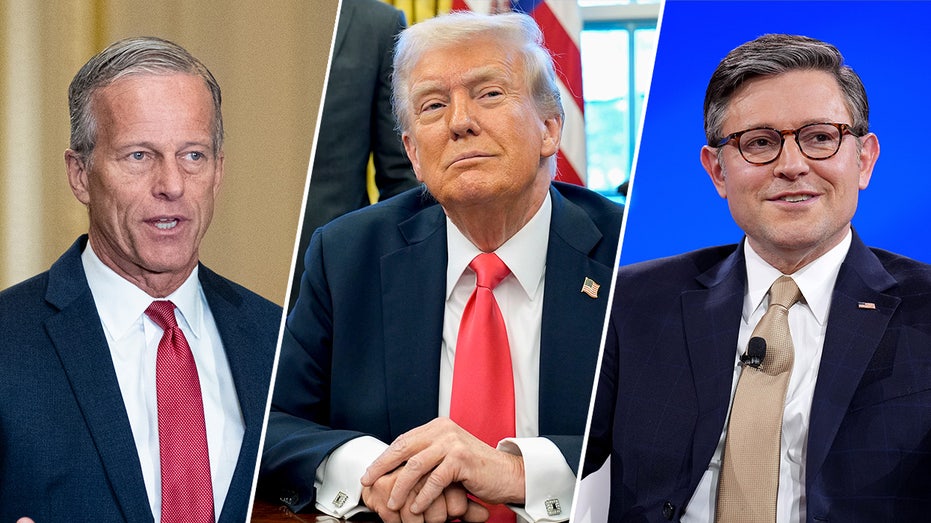



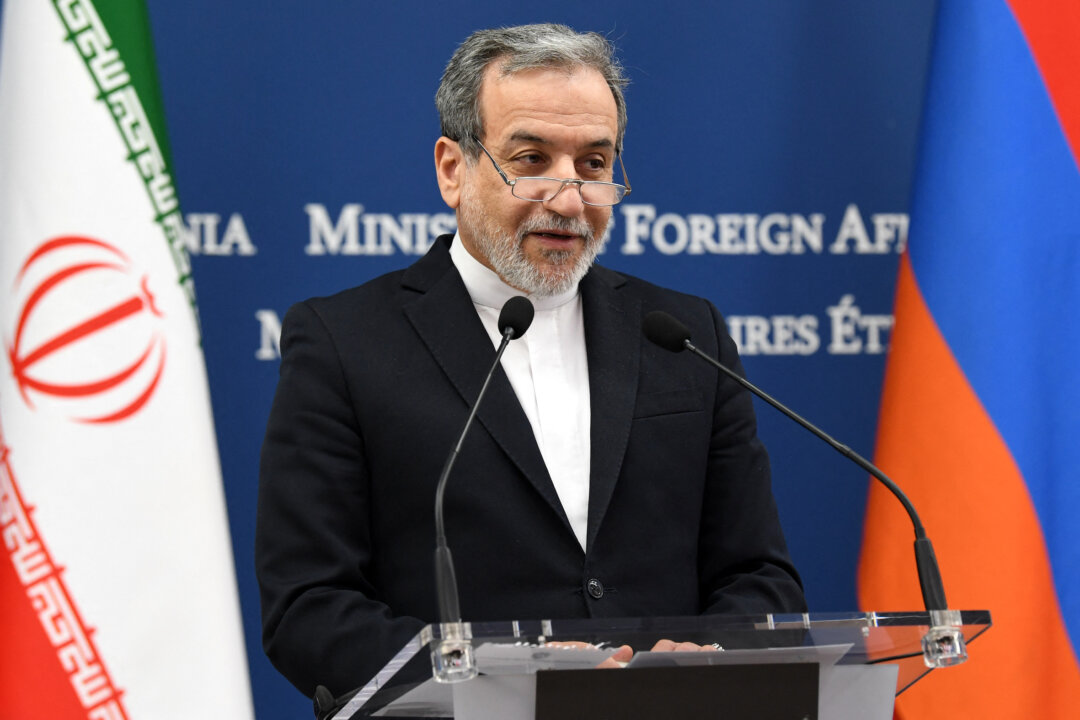
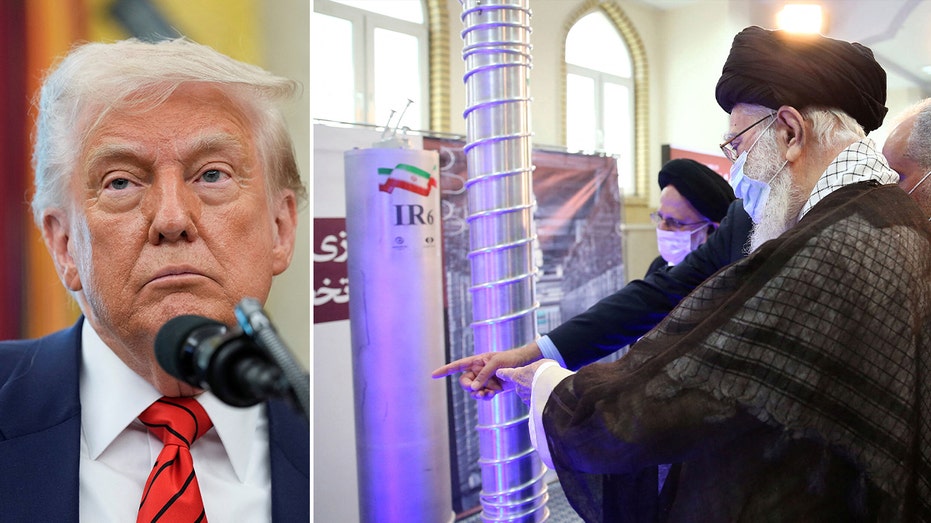
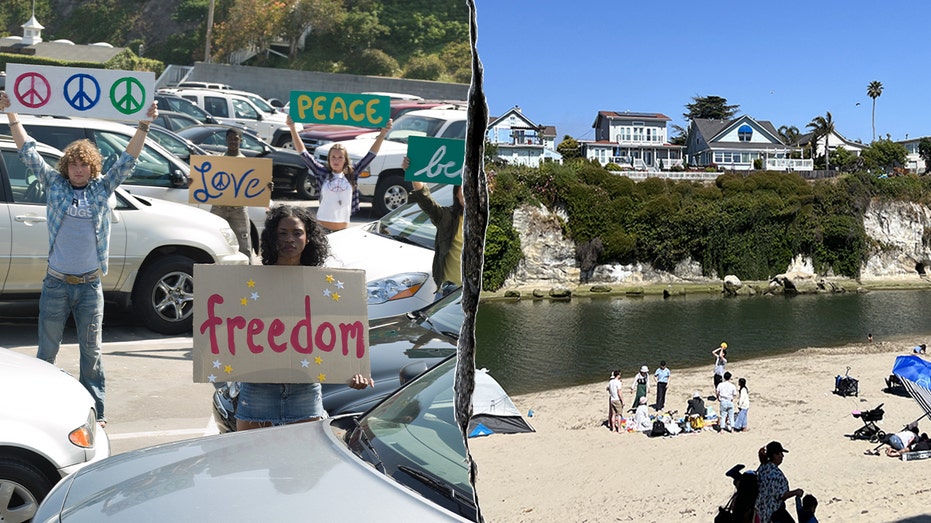


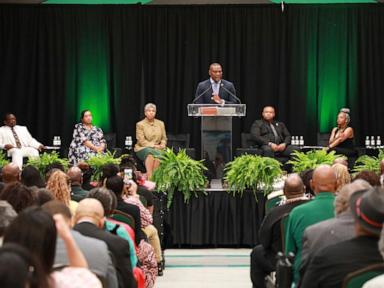



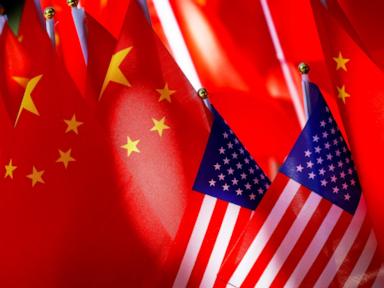
 English (US)
English (US)